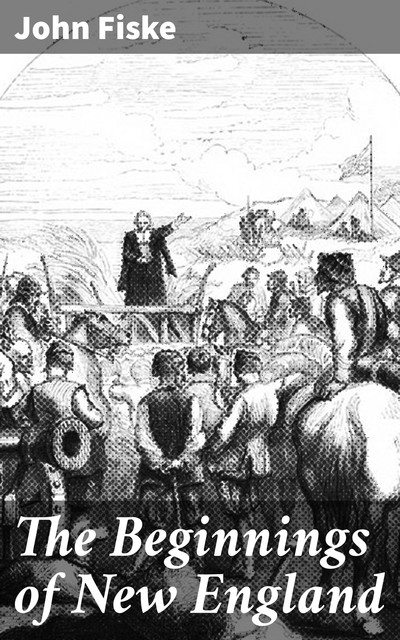In “The Beginnings of New England,” John Fiske offers a comprehensive narrative of the early colonial period, chronicling the foundation and development of New England from the late 16th century through the early 18th century. Fiske's literary style combines engaging storytelling with meticulous historical detail, reflecting the intellectual currents of the late 19th century. He employs a thematic approach that emphasizes the interplay between Puritan ideals and the socio-political landscape, shedding light on the motivations behind the Massachusetts Bay Colony'Äôs establishment amid the broader context of European unrest and religious upheaval. John Fiske, an eminent American historian and philosopher, draws from his extensive education at Harvard and his fervent interest in American culture and history. His background in philosophy and his engagements with transcendentalist thinkers, combined with a profound respect for historical accuracy, inform his perspective in this work. Fiske'Äôs commitment to understanding American identity and the role of its early settlers highlights his belief in the significance of impassioned civic character in shaping a nation. I highly recommend “The Beginnings of New England” to readers interested in the complex tapestry of early American history. Fiske'Äôs clear and articulate prose not only makes this work accessible but also illuminating for anyone eager to comprehend the cultural and ideological foundations that continue to influence American society today.


